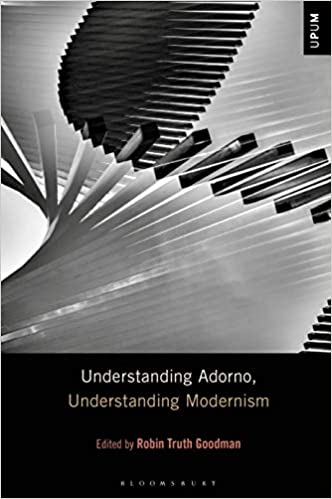Understanding Adorno, Understanding Modernism

Find This Publication Online
Adorno is central to our understanding of Modernism. Having studied philosophy at a time when its traditions were being seriously uprooted by the atrocities of World War II, Theodor Adorno had an enormous impact on thinking about aesthetics at a transitional historical moment when the philosophy of science and leftist politics were looking for new ground. Moreover, with his focus on the rise of commercial culture and its effects on identity-construction, Adorno can be said to have reinvigorated modernist concerns by introducing the prevailing terms in our contemporary versions of cultural politics and cultural studies.
Understanding Adorno, Understanding Modernism traces Adorno's social and aesthetic ideas as they appear and reappear in his corpus. As per other volumes in the series, this book is divided into three parts. The first, “Adorno's Keywords,” is organized by the aesthetic terms around which Adorno's philosophy circulates. The second section is devoted to “Adorno and Aesthetics.” While Adorno's philosophical viewpoints influenced modernism's evolution into the 21st century, the history of modernist aesthetics also shaped his philosophical approaches. The third and final part, “Adorno's Constellations,” discusses how aesthetic form in Adorno's thinking underlies the terms of his social analysis.
